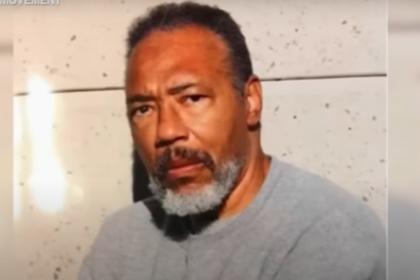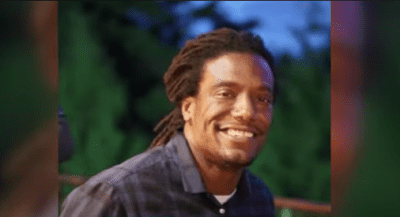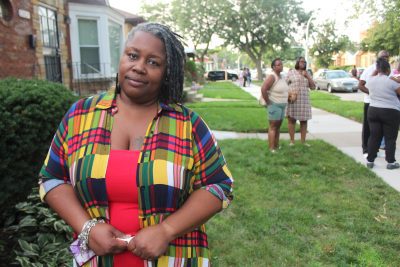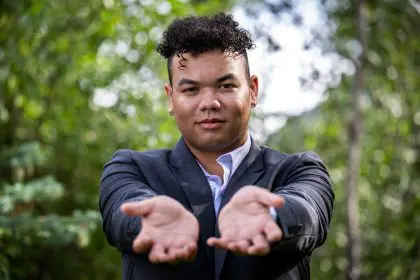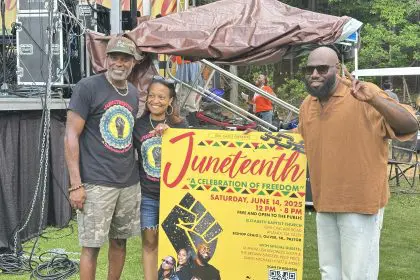
Attorney Jamaal Buchanan’s career is focused on helping people.
He received a bachelor’s degree in criminal justice and African American studies from Bradley University, and he earned his Juris Doctor degree from Vermont Law School. The Chicago native previously served as an assistant state’s attorney in the Cook County State’s Attorney’s Office.
He leads Buchanan Management & Consulting LLC, a full-service entertainment management firm for creatives providing legal and business consulting services to entertainers and industry-related companies.
Rolling out spoke with Buchanan about some of the ways the public can navigate through the legal system when it comes to courts and contracts during the COVID-19 pandemic.
How has the current global health crisis affected public access to the state and federal court systems?
Courtrooms around America have modified their operations amid the COVID-19 pandemic to protect the public, court staff and the judiciary. If you have a matter pending in either a state or federal court, most likely, the issue has been continued for a least 30 days. Some courtrooms may still hear certain kinds of cases, including grand juries, bail hearings, arraignments, preliminary hearings or matters that are an emergency.
What is force majeure, and why is it essential during times like these?
Force majeure is defined as unforeseeable circumstances that prevent someone from fulfilling a contract. Force majeure is often seen as the language in a contract that talks about the rights and responsibilities of each party if there is an “act of God” that takes place. While this language is often overlooked and considered as boilerplate, [it] comes into play during times like the coronavirus pandemic.
The language in a force majeure clause will state what efforts should be taken by each party during an “act of God” and for how long. Moreover, it should also discuss what actions should be taken to mitigate or lessen damages during the pandemic.
Click continue to read more.

